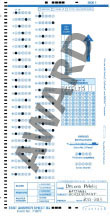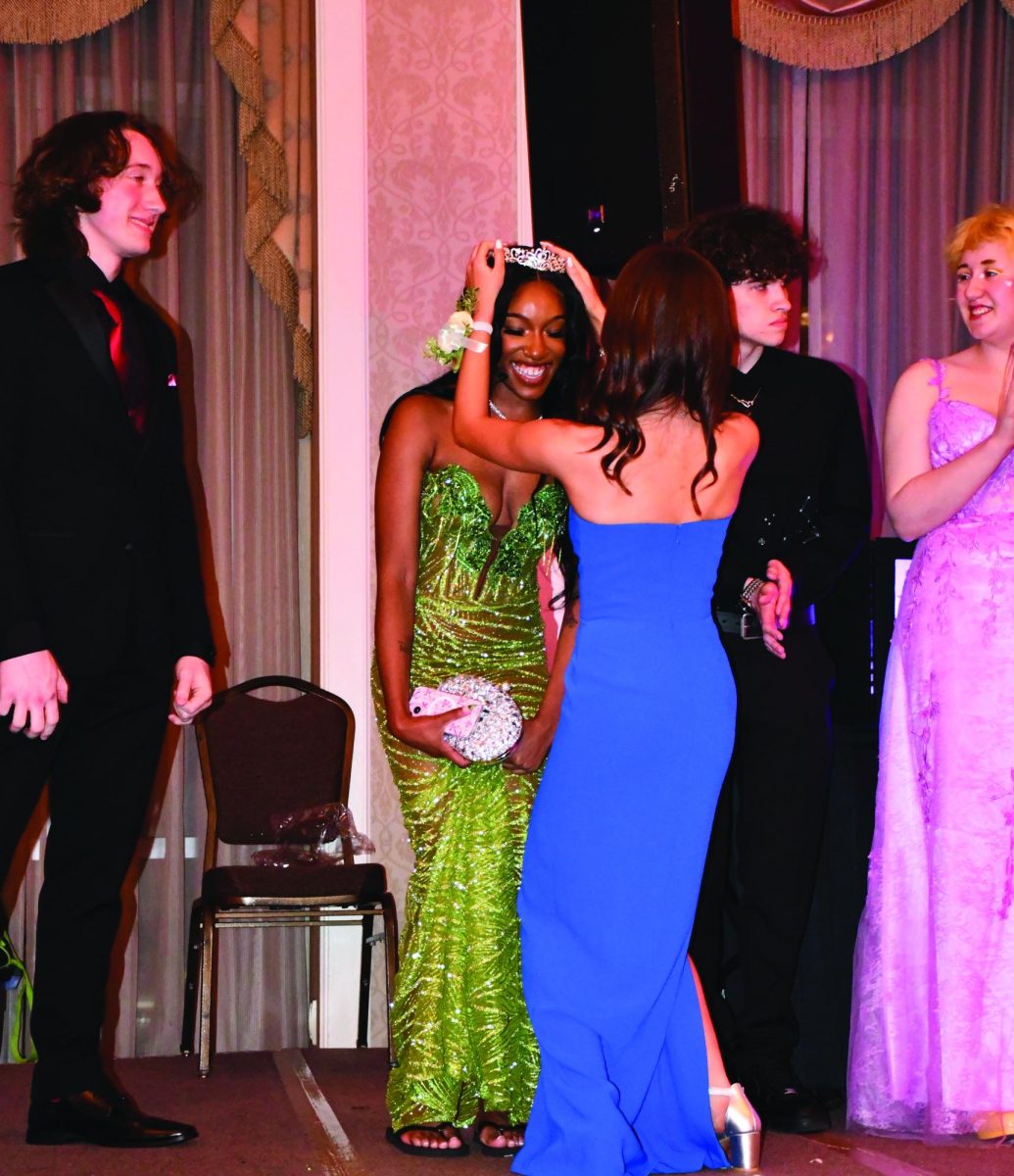 Senior Deanna Patelis is one of only 1,600 African American students across the United States to be named a National Achievement Scholarship Award semifinalist.
Senior Deanna Patelis is one of only 1,600 African American students across the United States to be named a National Achievement Scholarship Award semifinalist.
“I was confused, really surprised and honored,” she said.
The National Achievement Scholarship Award designates students as semifinalists, finalists, and Academic Scholar Designees. To be a semifinalist, a student must be a top scorer on the PSAT/NMSQT. Semifinalists are invited to apply to be a finalist. Patelis has submitted her application and is awaiting a decision that will most likely come in late January. Out of 1,300 finalists, 800 will then be named Academic Scholar Designees.
“Some schools will offer up to full tuition for [being an Academic Scholar Designee] and I think that’s awesome. At the least you get $2,500 to your first choice school,” Patelis said. “Any kind of scholarship is awesome. Even if I don’t become a finalist, I’m just glad I had the opportunity.”
While Patelis was surprised to hear she was a semifinalist, her Honors English III teacher Mr. Sean Rochester was not surprised at all to hear of her accomplishment.
“Deanna Patelis is a very bright individual who when she wants can really lead a class,” Rochester said. “It doesn’t surprise me to hear that Deanna has earned an academic achievement because of her intelligence and her ability to think differently than her peers.”
Senior Jasmine Smith, who describes Patelis as hardworking and funny, was likewise not surprised by the news.
“I was very excited [for her] but not too surprised. Deanna is really smart and deserves it,” Smith said.
Despite feeling honored and excited at being a step closer to Academic Scholar Designee, Patelis admits that the racially based award gave her a “painful realization” about the nature of such achievements.
“It’s a good incentive for being academically strong; however, it’s also kind of a backhanded compliment, because you get this award but only because of your ethnicity or race. You most likely would not have been considered as a National Merit semifinalist because you didn’t make the cut for that. It’s almost like a consolation,” Patelis said.
Patelis admits she struggles with understanding the qualifications for racial or ethnic awards like this one. Being half African American, Patelis says she finds it strange when standardized tests ask students to check only one box that defines their race or ethnicity.
“I think it’s funny that Obama is our black president, but people look at me and would never think that I’m African American,” Patelis said. “I don’t really know what’s considered ‘black enough.’ Do they take into account where you live and grew up? [Or] what kind of circumstances you lived in? The reason it’s insulting is because it assumes if you are black you are automatically going to be underprivileged and have a difficult situation growing up. That’s not always the case, but you’re treated all the same.”
Patelis’ hope is to see the day when awards can be exempt from racial or ethnic qualifications. Despite her realization about the nature of these types of awards, Patelis still feels proud to be a semifinalist.
“Everyone likes to be recognized for any type of accomplishment,” Patelis said.
Currently, Patelis plans to study biological or biomedical engineering in college, but is still on the fence about which college she will attend.
As a senior and National Achievement semifinalist Patelis offers some advice to the underclassmen. “Take standardized tests seriously, because you can always do better than you think you will if you get a good night sleep before and try to do your best,” Patelis said.




